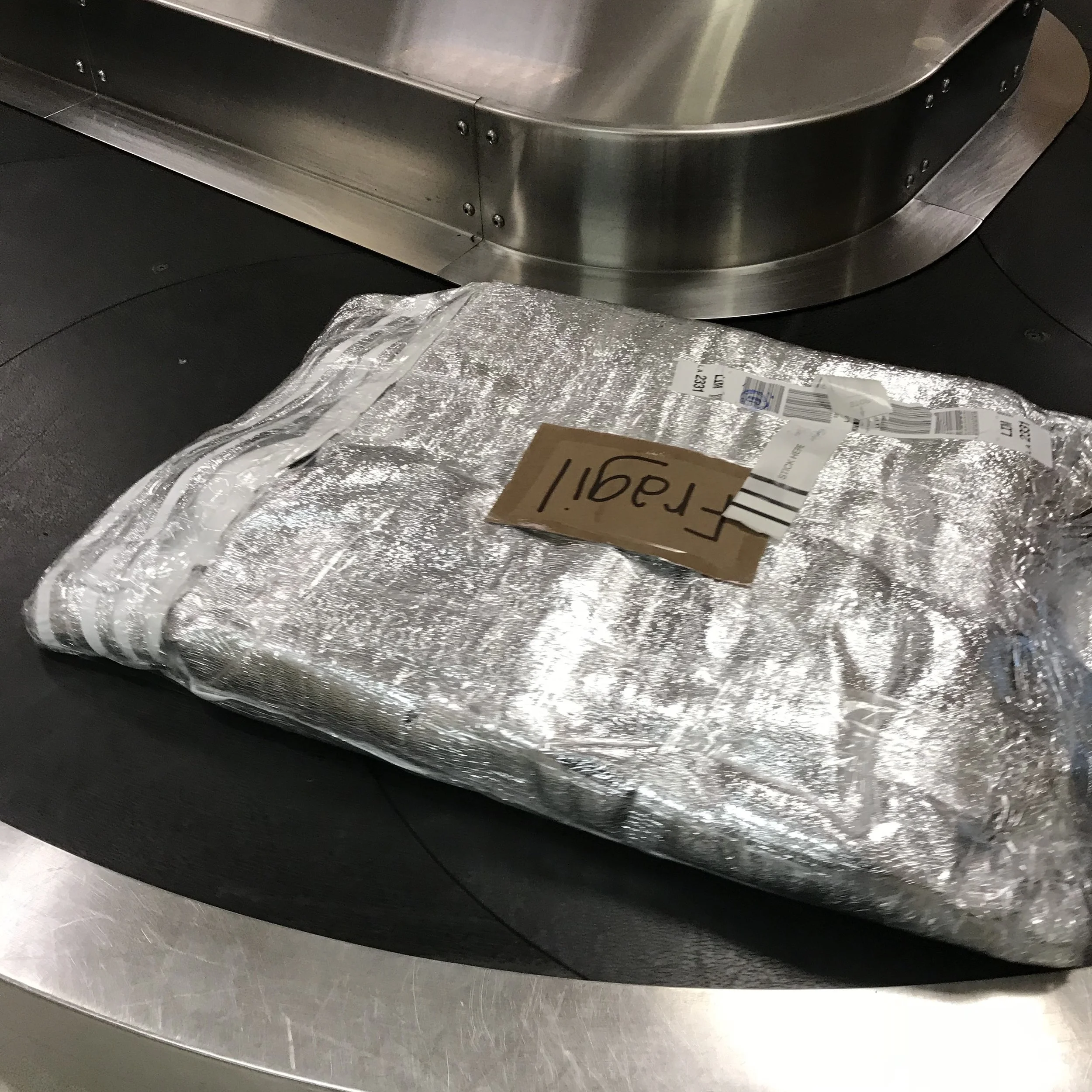weak groups
Blessed is he whose help is the God of Jacob,
whose hope is in the LORD his God,
who made heaven and earth,
the sea, and all that is in them,
who keeps faith forever;
who executes justice for the oppressed,
who gives food to the hungry.
The LORD sets the prisoners free;
the LORD opens the eyes of the blind.
The LORD lifts up those who are bowed down;
the LORD loves the righteous.
The LORD watches over the sojourners;
he upholds the widow and the fatherless,
but the way of the wicked he brings to ruin.
Psalm 146:5 - 9
This verse and verses like it always give me pause. I need to stop and take the time to be able to defend, for myself and to others, how it is true when we see so many oppressed, hungry, etc., in God's world today.
The ESV Study Bible commentary notes say this:
Verses 7–9 of Psalm 146 list groups of weak people (oppressed, hungry, prisoners, the blind, bowed down, sojourners, widow, fatherless), probably God’s own faithful (cf. the righteous, v. 8, in contrast to “the wicked,” v. 9), for whom God shows his power and faithfulness in providing the relief they need.
Several verses in the New Testament support the ESV Study Bible commentator's supposition in that they recommend that we take care of our brothers and sisters in the church, first.
When I think about the “groups of weak people”, I do think about them in groups. God does not. This begins to help me to understand this verse, and verses like it.
On my heart today are my baby girls from Esperanza de Ana who have gotten pregnant at 15, 16, 17 years old. God knows the name of each one. He does not think of them in a group. He knew their names before the foundation of the world and He knows the number of hairs on their heads at any given moment. He has good plans for them, based in eternity, not their today. He will see those plans accomplished, period. God has already executed (put into effect) their plans even if we cannot yet discern them.
Also on my heart today are the millions of sojourners, people living in temporary places and conditions, the refugees of God’s world. I cannot imagine the horrors of refugee camps. The knot in my throat rises and I just want to cry.
O Father, see them. See them today.
It is so hard in moments like these for my mind to reconcile how God could let this happen. The truth remains. He knows every single one of them by name. He knows their beginning from their end. He is not overwhelmed.
Those who are His may still suffer horrendously in this corrupt world. In eternity, they will not even mourn over what they have endured. Eternity cancels out the horrors of this world. Now what do we think? Could eternity be worth it?
Most definitely, but isn’t there a better way? What first comes to my mind is that we are not God and we don’t have the right or the information to judge or evaluate that question.
Francis Schaeffer's question comes to mind, How Should We Then Live?
Psalm 146 is categorized as a psalm of praise. The ESV Study Bible commentator on this psalm says,
The theme is that the Lord’s reign makes him a sure hope for God’s suffering people.
We could learn to use this psalm as we pray for our brothers and sisters who are suffering. We could let it sink in and begin to inform our speech when we are confronted with people who question suffering in the church and outside of it. We could evaluate our own lives to see if we are actively being Christ's instruments in the lives of any individual or group who are currently in a place of weakness or suffering.
Wow, there is a lot we can do.


